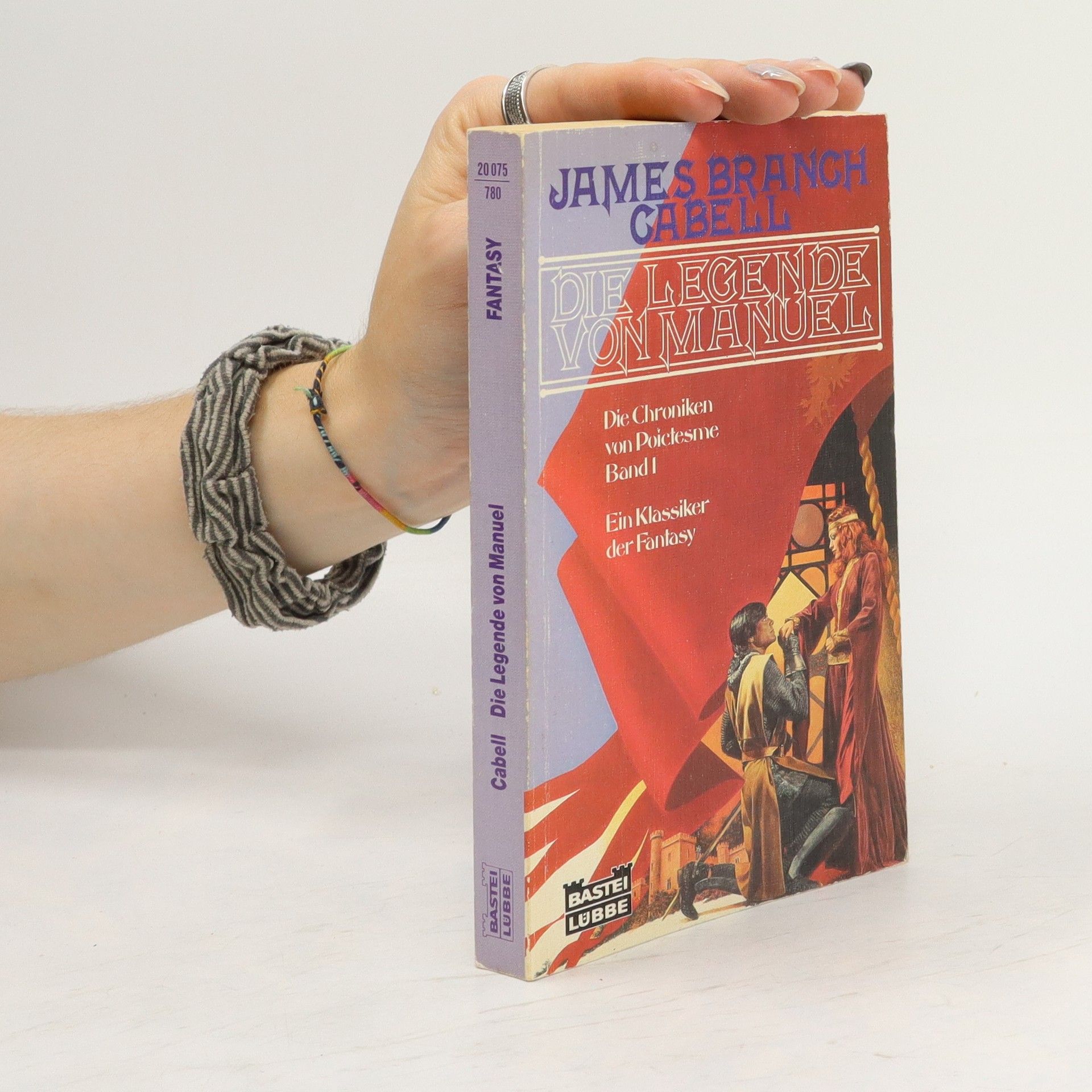Jurgen.
- 366 Seiten
- 13 Lesestunden
James Branch Cabell war ein amerikanischer Autor von Fantasy-Literatur und Belletristik. Seine Zeitgenossen, darunter H. L. Mencken und Sinclair Lewis, schätzten seine Werke sehr. Cabells Schriften wurden als eskapistisch betrachtet und passten gut in die Kultur der 1920er Jahre, als sie am populärsten waren. Für Cabell war Wahrhaftigkeit "die einzige unverzeihliche Sünde, nicht nur gegen die Kunst, sondern gegen das menschliche Wohlergehen."






Set in the enchanting realm of medieval Europe, this collection features tales inspired by historical chronicles. James Branch Cabell expertly blends fantasy with authenticity, creating a seamless narrative that transports readers to a bygone era. By masking his authorship, he enhances the immersive experience, allowing the stories to resonate with a sense of truth and depth.
This scarce antiquarian book is a facsimile reprint of the original. Due to its age, it may contain imperfections such as marks, notations, marginalia and flawed pages. Because we believe this work is culturally important, we have made it available as part of our commitment for protecting, preserving, and promoting the world's literature in affordable, high quality, modern editions that are true to the original work.
Exploring the surreal landscape of dreams, this fantasy sequence weaves together three distinct narratives: "Smirt: An Urban Nightmare," "Smith: A Sylvan Interlude," and "Smire: An Acceptance in the Third Person." Each story captures the illogical and fluid essence of dreams, creating a misty, dreamlike atmosphere that invites readers to navigate through its unique logic and geography. The work stands as Cabell's most significant contribution to post-Biography fantasy, showcasing his imaginative depth and stylistic innovation.
Set against a backdrop where history intertwines with fantasy, the novel features Colonel Musgrave, a charming yet traditional man from a once-prominent Southern family. As a librarian, his influence is tied to his ancestors' legacy, but everything shifts when a modern cousin arrives, challenging his views on honor and chivalry. This comic romance explores themes of power dynamics and gender relations, revealing the timeless relevance of its issues. With its whimsical narrative, the book invites readers into a richly imagined world that resonates today.
Florian de Puysange's wedding to Adelaide de la Forêt takes a surreal turn when he meets his deceased friend Tiburce d'Arnaye, prompting a night of nostalgic drinking and reflections on their past pact. This encounter sets the stage for a series of whimsical and humorous tales that explore the themes of love and friendship. James Branch Cabell weaves together a unique blend of comic fantasy, inviting readers into a world where the boundaries of life and death blur in delightful ways.